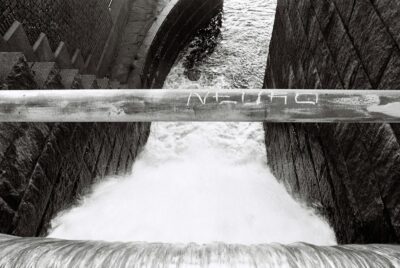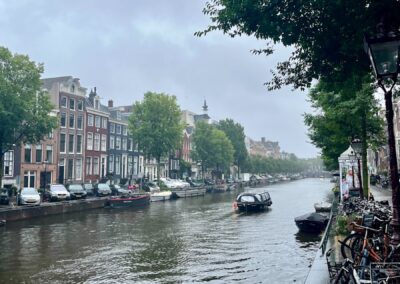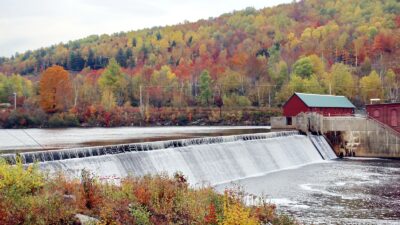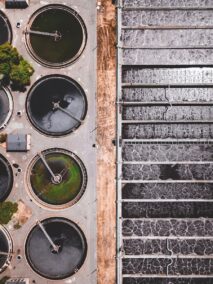Addressing Water Scarcity in Arid Regions with Advanced Solutions
Introduction to Desalination Technologies
The use of desalination technologies such as thermal distillation and reverse osmosis has become a crucial solution in addressing water scarcity, particularly in arid regions like Saudi Arabia and the UAE. These technologies convert seawater into potable water, ensuring a reliable supply of fresh water even in areas where natural freshwater resources are limited. The integration of advanced desalination methods has transformed water management strategies, contributing significantly to the sustainability and development of these regions.
In Saudi Arabia, desalination plays a pivotal role in the country’s water supply strategy. Cities like Riyadh rely heavily on desalinated water to meet the needs of their growing populations and industries. The Saudi government has invested substantially in desalination infrastructure, utilizing both thermal distillation and reverse osmosis technologies. Thermal distillation involves heating seawater to produce steam, which is then condensed into freshwater, while reverse osmosis uses high pressure to force seawater through a semi-permeable membrane, removing salt and impurities. These methods ensure that Riyadh and other cities have a steady and secure supply of freshwater, essential for their economic and social development.
Dubai, renowned for its technological innovation, also depends significantly on desalination to address its water needs. The city’s rapid growth and arid climate necessitate reliable and efficient water management solutions. By implementing state-of-the-art desalination plants, Dubai has been able to ensure a continuous supply of potable water for its residents and industries. The city’s commitment to using advanced desalination technologies highlights its proactive approach to sustainability and resource management, setting an example for other arid regions facing similar challenges.
Thermal Distillation and Reverse Osmosis in Practice
Thermal distillation and reverse osmosis are two primary desalination technologies used to convert seawater into potable water. Each method has its unique advantages and applications, making them suitable for different scenarios and requirements in Saudi Arabia and the UAE.
Thermal distillation, including multi-stage flash distillation and multiple-effect distillation, is particularly effective in regions with access to abundant energy resources, such as Saudi Arabia. This method involves heating seawater to create steam, which is then condensed to produce fresh water. The high energy requirements of thermal distillation are offset by the availability of energy resources in the region, making it a viable and efficient solution for large-scale desalination projects. In Riyadh, thermal distillation plants are a key component of the city’s water supply infrastructure, providing a significant portion of its potable water.
Reverse osmosis, on the other hand, is widely used in Dubai due to its lower energy consumption and flexibility in plant size and location. This process involves forcing seawater through a semi-permeable membrane at high pressure, which removes salt and other impurities, producing clean drinking water. The efficiency and scalability of reverse osmosis make it an ideal choice for urban areas with high water demand. Dubai’s desalination plants utilize advanced reverse osmosis technology to ensure a reliable and cost-effective water supply, supporting the city’s growth and sustainability goals.
Both thermal distillation and reverse osmosis are continually being improved through technological advancements, enhancing their efficiency and reducing environmental impacts. Innovations such as energy recovery systems, improved membrane materials, and hybrid desalination processes are being integrated into existing and new plants in Saudi Arabia and the UAE. These advancements not only increase the output and reliability of desalination plants but also contribute to the overall sustainability of water management practices in these regions.
Leadership and Management in Desalination Projects
Effective leadership and project management are crucial for the successful implementation and operation of desalination technologies. Business executives, mid-level managers, and entrepreneurs in Saudi Arabia and the UAE must possess the skills and knowledge to drive these initiatives forward. This involves understanding the technical aspects of desalination processes, as well as the ability to lead cross-functional teams and coordinate efforts across various sectors.
In Riyadh and Dubai, where technological innovation is a key driver of economic growth, leaders must prioritize the integration of desalination technologies into their strategic planning processes. This includes investing in training programs for staff, fostering partnerships with technology providers, and staying abreast of the latest developments in the field. By cultivating a culture of innovation and continuous improvement, leaders can ensure that their organizations are well-prepared to address the challenges posed by water scarcity.
Project management skills are equally important in this context. The deployment of desalination plants requires careful planning, execution, and monitoring. Project managers must be adept at managing resources, timelines, and stakeholder expectations, ensuring that projects are delivered on time and within budget. This is particularly relevant in the Middle East, where large-scale infrastructure projects are common, and the stakes are high.
Conclusion: Building Sustainable Futures through Desalination
The integration of desalination technologies represents a significant advancement in addressing water scarcity in arid regions. By leveraging thermal distillation and reverse osmosis, Saudi Arabia and the UAE can ensure a reliable supply of potable water, supporting their economic development and enhancing the quality of life for their residents. The proactive adoption of these technologies underscores the commitment of these nations to sustainability and resource management.
Leadership and project management skills are essential for the successful implementation of desalination technologies. Business executives, mid-level managers, and entrepreneurs must be proactive in adopting and promoting these technologies within their organizations. By doing so, they can contribute to building sustainable communities that are capable of withstanding the challenges posed by water scarcity.
In conclusion, the strategic use of desalination technologies offers a powerful tool for enhancing water security and sustainability. With the right leadership, management skills, and technological innovations, Saudi Arabia and the UAE can lead the way in creating resilient and sustainable environments for their citizens.
#DesalinationTechnologies #WaterScarcity #SaudiArabia #UAE #Riyadh #Dubai #ThermalDistillation #ReverseOsmosis #ModernTechnology #BusinessSuccess #Leadership #ProjectManagement























